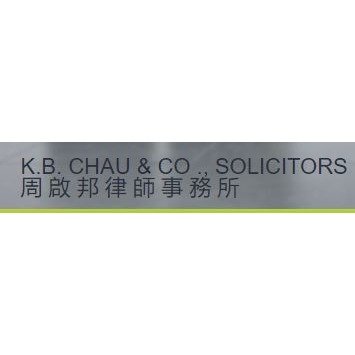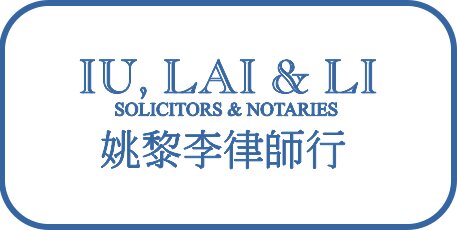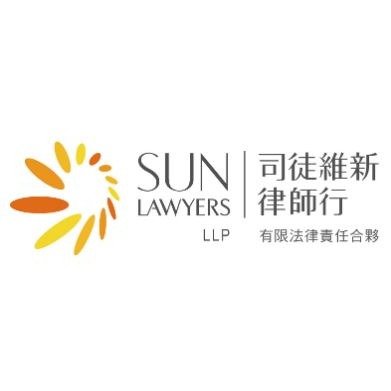Best Probate Lawyers in Admiralty
Share your needs with us, get contacted by law firms.
Free. Takes 2 min.
List of the best lawyers in Admiralty, Hong Kong
About Probate Law in Admiralty, Hong Kong
Probate law in Admiralty, Hong Kong primarily involves dealing with the estate of a deceased person. It involves matters such as validating wills, allocating assets, and ensuring the rightful execution of the deceased's wishes. The Probate Registry of the High Court in Admiralty deals with applications for probate and letters of administration. Challenges to a will, or disputes regarding distribution of assets, are also handled in this jurisdiction.
Why You May Need a Lawyer
Hiring a lawyer can be helpful in a number of situations related to probate. For instance, if there's no will, you may need a lawyer's guidance to navigate the laws governing the distribution of assets. A lawyer can also assist in mediating disputes among beneficiaries, ensuring that assets and property are correctly managed and distributed. Furthermore, if a will is challenged or if there are complexities around the deceased's assets, a lawyer can guide you through the legal complexities.
Local Laws Overview
The key aspects of probate laws specific to Admiralty, Hong Kong center around the Grant of Representation. If the deceased left a will, the executor applies for a Grant of Probate. If there is no will, the next of kin applies for Letters of Administration. The Grant of Representation gives the executor or administrator the legal right to manage the deceased's estate. Hong Kong law also states that without the Grant of Representation, banks and other institutions cannot release the deceased's assets.
Frequently Asked Questions
Who can apply for probate?
Generally, the person named as the executor in the will applies for probate. However, a beneficiary or an attorney can apply if the executor is unwilling or unable to do so.
What if the deceased does not leave a will?
If a person dies without a will, they are said to have died "intestate". In this case, the next of kin (often the spouse or children) can apply for Letters of Administration to manage the estate.
How long does the probate process take?
The duration of the probate process can vary depending on the complexity of the estate and whether there are any disputes among beneficiaries. Generally, it takes about six months to a year.
Can I challenge a will?
Yes, a will can be challenged on several grounds such as undue influence, fraud, or if the testator (the person who made the will) did not have the capacity to make a will. Legal advice should be sought in this situation.
Are all assets subject to probate?
Not all assets are subject to probate. Typically, assets owned jointly with right of survivorship and life insurance or retirement accounts that name a beneficiary are not part of the probate estate.
Additional Resources
The Probate Registry of the High Court is a valuable resource for understanding probate procedures and requirements. The Hong Kong Law Society also provides resources and can help you find an accredited probate lawyer. Additionally, online resources such as the e-Legislation portal can provide insight into the specific laws governing probate in Hong Kong.
Next Steps
If you need legal assistance, consider consulting with a probate lawyer. Consultations can help you understand the estate's complexities, potential hurdles, and give insight into the likely progression of the case. Keep essential documents such as the will, death certificate, and details of the deceased's assets ready for your legal consultation.
Lawzana helps you find the best lawyers and law firms in Admiralty through a curated and pre-screened list of qualified legal professionals. Our platform offers rankings and detailed profiles of attorneys and law firms, allowing you to compare based on practice areas, including Probate, experience, and client feedback.
Each profile includes a description of the firm's areas of practice, client reviews, team members and partners, year of establishment, spoken languages, office locations, contact information, social media presence, and any published articles or resources. Most firms on our platform speak English and are experienced in both local and international legal matters.
Get a quote from top-rated law firms in Admiralty, Hong Kong — quickly, securely, and without unnecessary hassle.
Disclaimer:
The information provided on this page is for general informational purposes only and does not constitute legal advice. While we strive to ensure the accuracy and relevance of the content, legal information may change over time, and interpretations of the law can vary. You should always consult with a qualified legal professional for advice specific to your situation.
We disclaim all liability for actions taken or not taken based on the content of this page. If you believe any information is incorrect or outdated, please contact us, and we will review and update it where appropriate.















